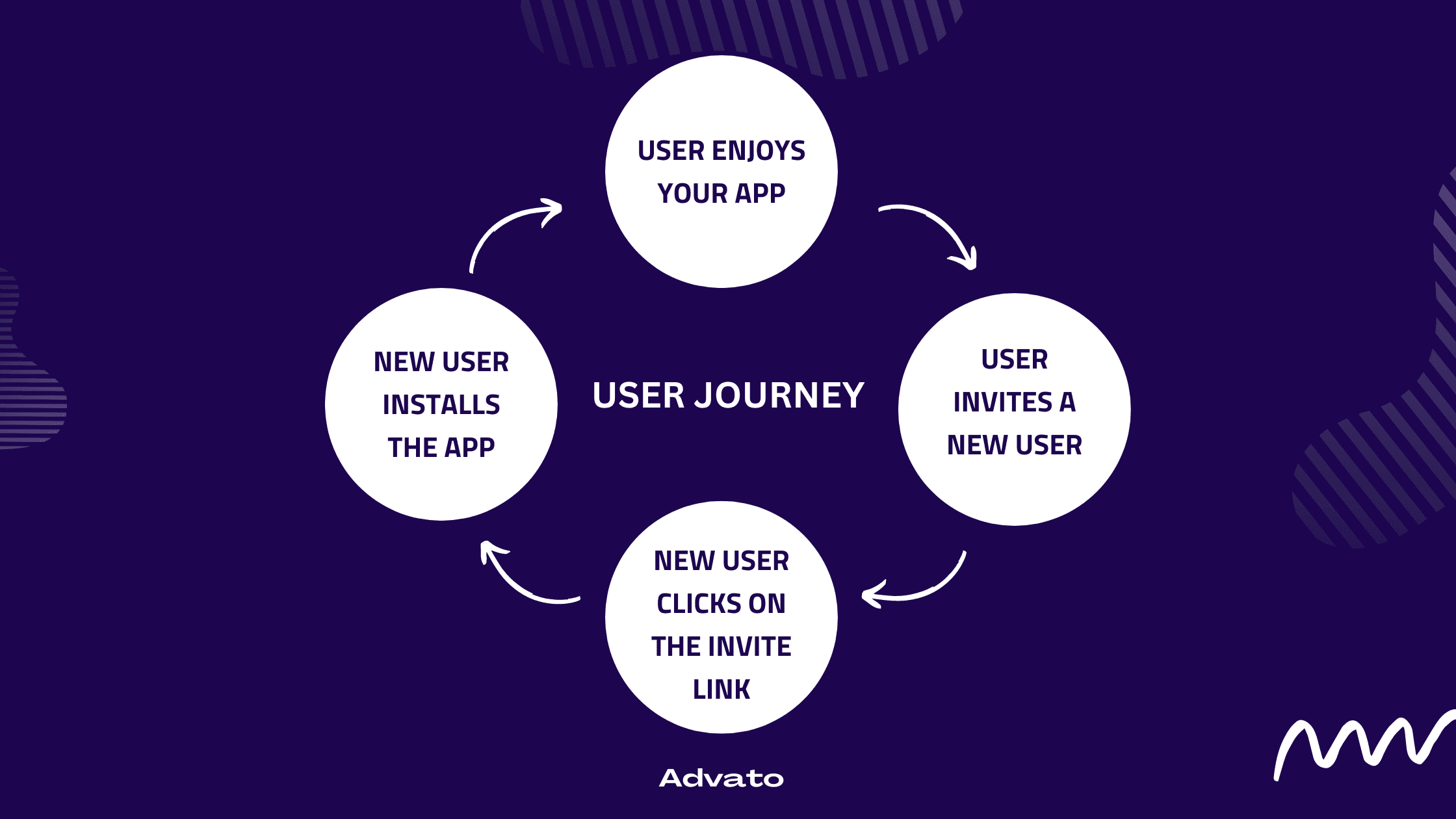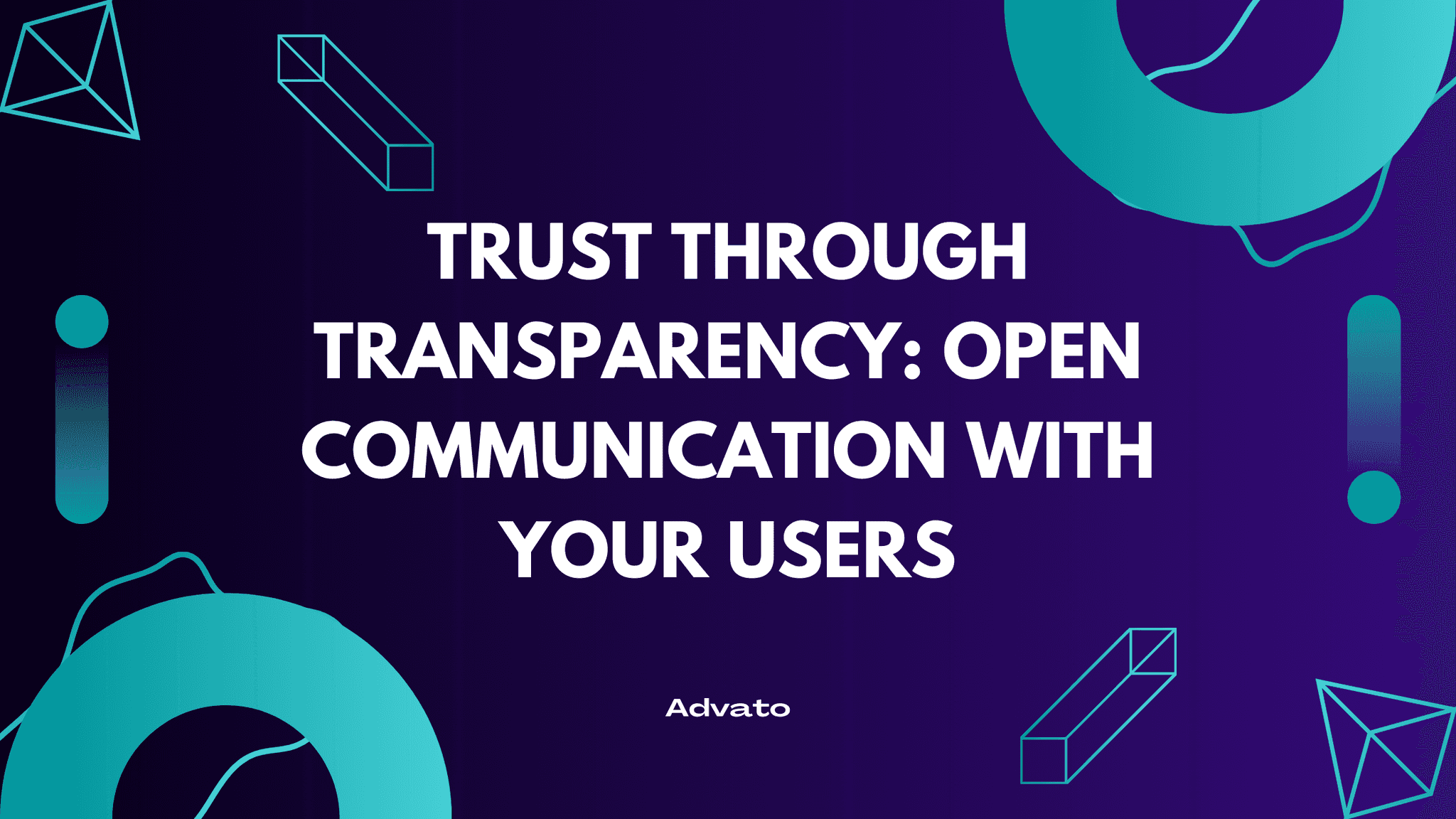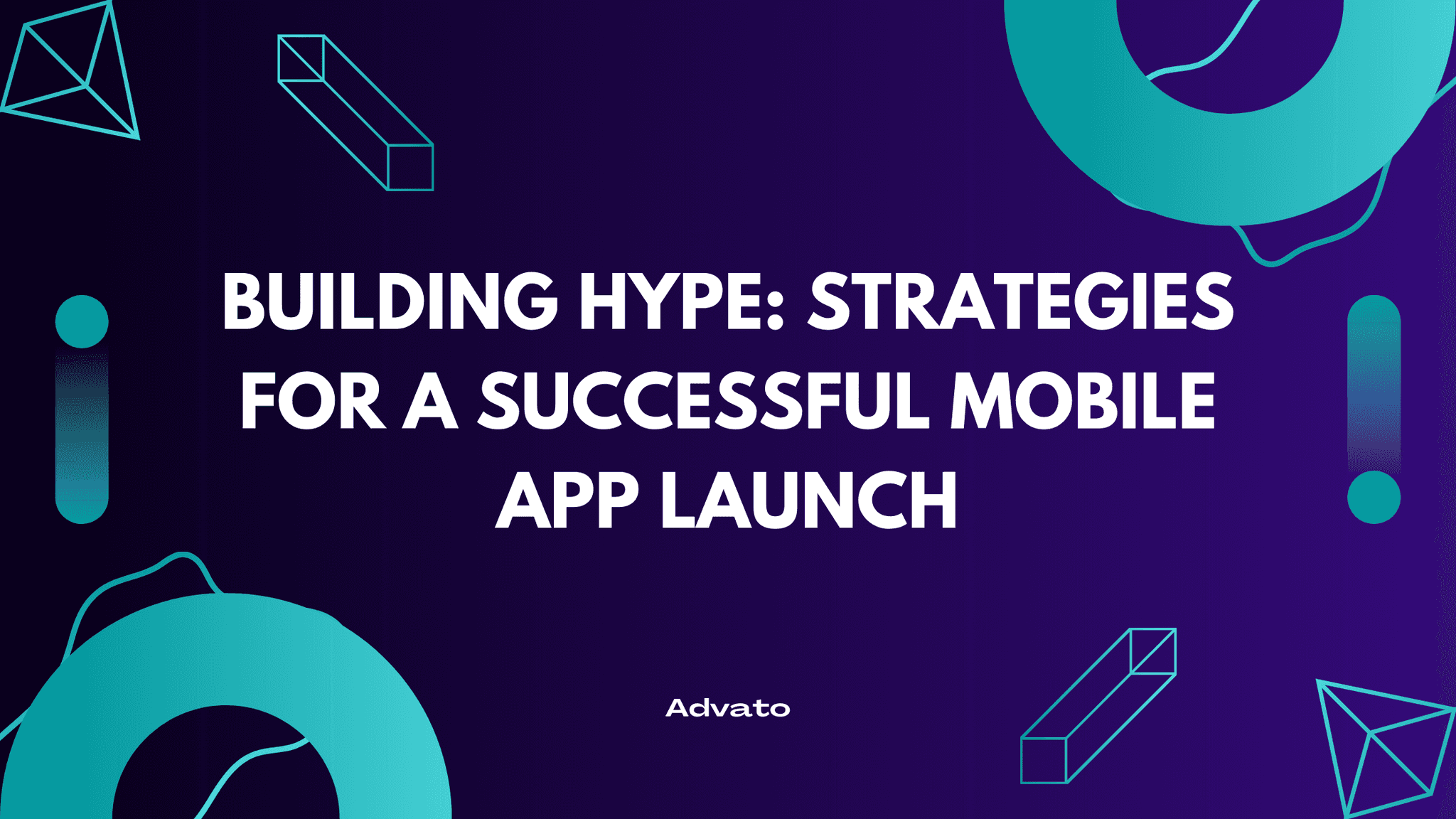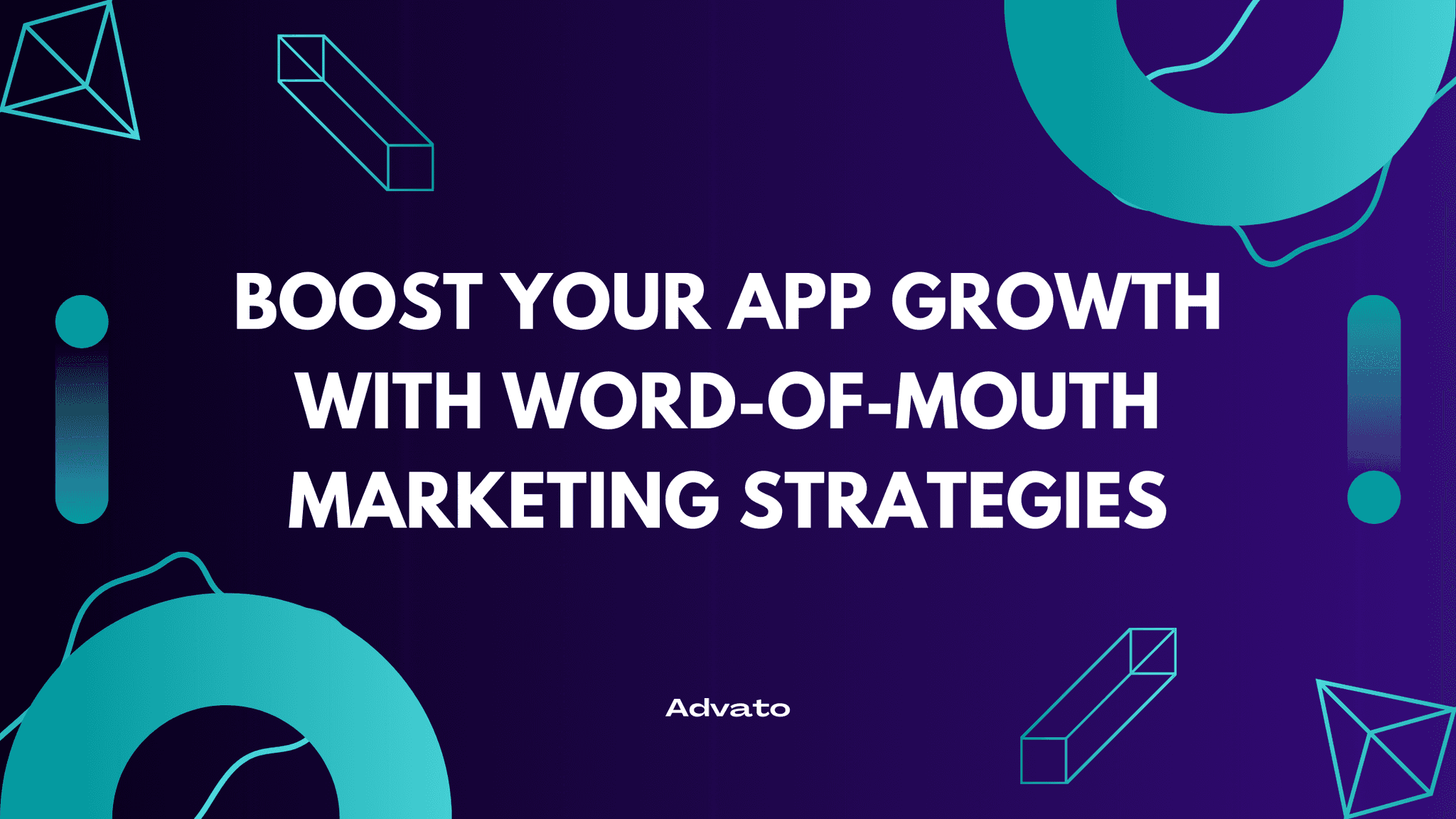Oct 22, 2024
Mobile app developers and marketers are constantly seeking effective ways to grow their user base. One strategy that has gained significant traction is referral marketing. But the question remains: do referrals really work? Let's explore the effectiveness, benefits, and best practices of referral marketing for mobile apps.
What is Referral Marketing?
Referral marketing is a strategy that encourages existing users to recommend a product or service to their friends, family, or colleagues. In the context of mobile apps, it involves incentivizing current users to share the app with others, often in exchange for rewards or benefits.

The Psychology Behind Referrals
Before we explore the effectiveness of referrals, it's important to understand why they work from a psychological perspective:
Trust: People are more likely to trust recommendations from friends and family than traditional advertising.
Social Proof: When someone we know uses and recommends an app, it serves as social proof of its value.
Reciprocity: Users feel good about sharing something valuable with their network, especially when there's a mutual benefit.
Do Referrals Actually Work for Mobile Apps?
The short answer is: yes, referrals can be incredibly effective for mobile apps. Here's why:
1. Higher User Acquisition Rates
Referral programs have been shown to significantly boost user acquisition rates. According to a study by Extole, referred customers are 4 times more likely to make a purchase than non-referred customers.
2. Lower Customer Acquisition Costs (CAC)
Referral marketing can dramatically reduce the cost of acquiring new users. Traditional advertising methods often come with high price tags, while referrals leverage your existing user base to bring in new users at a fraction of the cost.
3. Higher Quality Users
Users acquired through referrals tend to be more valuable in the long run. They often have higher retention rates, greater engagement, and increased lifetime value compared to users acquired through other channels.
4. Increased Brand Awareness
As users share your app with their network, it naturally increases brand awareness and visibility, potentially leading to organic growth beyond the direct referrals.
Best Practices for Implementing Referral Marketing in Mobile Apps
To make the most of referral marketing, consider these best practices:
1. Make it Easy
The referral process should be seamless and user-friendly. Integrate referral options directly into your app's interface, allowing users to share with just a few taps.
2. Offer Compelling Incentives
Provide rewards that are valuable to both the referrer and the new user. This could be in-app currency, premium features, or exclusive content.
3. Personalize the Experience
Allow users to add personal messages when referring friends. This adds a human touch and increases the likelihood of the referral being accepted.
4. Track and Analyze
Implement robust tracking mechanisms to measure the success of your referral program. This will help you optimize and improve over time.
5. Timing is Key
Introduce the referral option at the right moment, such as after a positive experience within the app or when a user achieves a milestone.
Challenges and How to Overcome Them
While referral marketing can be highly effective, it's not without its challenges:
Fatigue: Users may become tired of repeated referral requests. Solution: Vary your messaging and timing to keep it fresh.
Fraud: Some users might try to game the system. Solution: Implement safeguards and verification processes.
Low Participation: Users might not engage with the referral program. Solution: Ensure your incentives are appealing and your app is worth sharing.
Tools to Implement Referral Marketing
Implementing a referral system from scratch can be challenging. That's where Advato comes in handy. Advato is designed specifically for app developers and marketers looking to grow their mobile apps through referrals. It offers an easy way to implement and manage referral programs, helping you acquire high-quality users at a lower cost.
With Advato, you can:
Quickly set up a customized referral program
Track and analyze referral performance
Automate reward distribution
Integrate seamlessly with your existing app infrastructure
Measuring Success: Key Metrics to Track
To determine if your referral program is working, keep an eye on these metrics:
Participation Rate: The percentage of users engaging with your referral program
Referral Rate: The number of referrals sent per user
Conversion Rate: The percentage of referred users who actually sign up
Customer Acquisition Cost (CAC): The cost of acquiring a new user through referrals vs. other channels
Lifetime Value (LTV) of Referred Users: How valuable referred users are over time compared to non-referred users
The Verdict on Referrals
So, do referrals work? The evidence overwhelmingly suggests that they do, especially for mobile apps. When implemented correctly, referral marketing can be a powerful tool for growth, offering:
Lower acquisition costs
Higher quality users
Increased brand awareness
Improved user engagement and retention
However, success isn't guaranteed. It requires careful planning, execution, and ongoing optimization. By following best practices, leveraging Advato, and continuously measuring and refining your approach, you can use the full potential of referral marketing to grow your mobile app.
Remember, word-of-mouth remains one of the most powerful forms of marketing. By encouraging and incentivizing your users to spread the word, you're not just growing your user base – you're building a community of engaged, loyal users who believe in your app enough to share it with others.


